When dealing with food and beverage, every detail in the supply chain, from packaging to transport, plays a critical role in ensuring goods arrive safely, hygienically, and on time. For businesses sending food products across international borders, plastic pallets can be a smart logistics solution – especially when it comes to hygiene and compliance with international regulations.
One of the biggest concerns when exporting any goods is compliance with ISPM-15, the international standard that governs over wooden packaging material. Any wooden packaging used in exports must be heat treated or fumigated to eliminate the risk of pest infestation. These treatments can be costly, time consuming and risky, especially when shipping food products overseas, as the treatment involves chemicals, usually Methyl bromide, which is dangerous for humans. For food and beverage exporters operating under tight timelines and strict safety standards, these delays can be both expensive and damaging to their brand reputation.
Plastic pallets offer a simple solution – they are completely exempted from ISPM-15 regulations. Plastic pallets are pest resistant by design and do not require fumigation. This eliminates a major compliance hurdle and reduces the risk of customs delays. For exporters, that means smoother shipments, less paperwork, and one less variable to worry about.
Hygiene is another key reason plastic pallets are suitable for food and beverage exporters. Plastic pallets are impervious to moisture, meaning they are less likely to splinter, rot, or develop mould when exposed to damp conditions, making them ideal for both dry and cold chain logistics. This is particularly important for companies exporting meat, dairy, fresh produce, or packaged foods that must meet strict health and safety standards. Plastic pallets provide a clean, smooth surface that can be easily washed, sanitised, and reused.
The Eco-1100 and Eco1210SL 9LEG are two of our export pallets range
In addition to improving hygiene and regulatory compliance, plastic pallets also offer logistical benefits. They are significantly lighter compared to other materials, which helps reduce freight costs – especially for air freight or where weight-based shipping fees apply. There are also nestable export pallets, which means they take up less space during return transit or storage. Though plastic pallets may cost more upfront, their durability and reusability often translate to long-term savings for exporters who regularly ship goods abroad.
For food and beverage exporters shifting to plastic pallets is more than a logistics upgrade – it is a strategic move. In an industry where food safety, global regulations, and consumer trust are intertwined, choosing plastic export pallets is a smart way to safeguard product quality and streamline international operations.
Contact Eco Pallets to discover our range of export pallets to suit your needs!



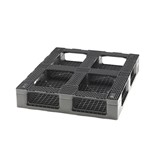



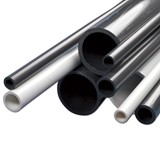
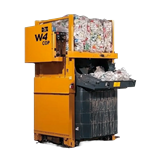



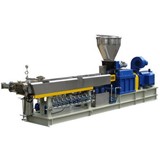
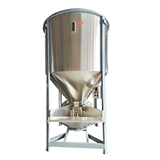
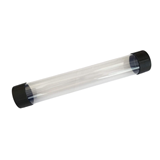



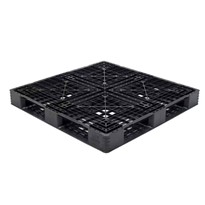



-205x205.jpg)




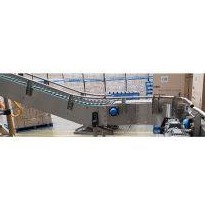




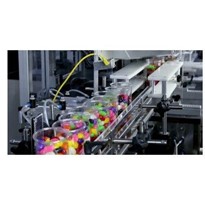

original-205x205.JPG)